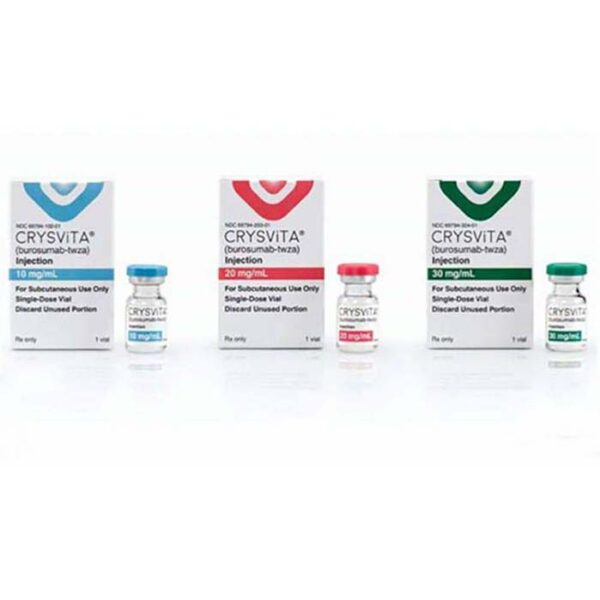

Buy Crysvita (burosumab) Online
From $3,417.70
Crysvita (burosumab) is a human monoclonal antibody that is used to treat X-linked hypophosphatemia (XLH) in adults and children aged 1 year and older. XLH is a rare genetic disorder that causes low levels of phosphate in the blood. Phosphate is a mineral that is essential for bone health. People with XLH are at risk of developing bone deformities, fractures, and other complications.

Buy Crysvita (burosumab) Online
From $3,417.70
- Description
- Additional information
- Reviews (3)
Description
Crysvita (burosumab) is a human monoclonal antibody that is used to treat X-linked hypophosphatemia (XLH) in adults and children aged 1 year and older. XLH is a rare genetic disorder that causes low levels of phosphate in the blood. Phosphate is a mineral that is essential for bone health. People with XLH are at risk of developing bone deformities, fractures, and other complications.
Description
Crysvita is a clear, colorless solution that is administered by subcutaneous injection (an injection just under the skin). It is available in single-dose prefilled syringes in two strengths: 10 mg/mL and 20 mg/mL.
Uses
Crysvita is used to treat XLH, a rare genetic disorder that causes low levels of phosphate in the blood. Phosphate is a mineral that is essential for bone health. People with XLH are at risk of developing bone deformities, fractures, and other complications.
How to Use
Crysvita is given by subcutaneous injection once a week. Your doctor or nurse will show you how to inject Crysvita at home. If you are using the prefilled syringe, you will need to prime the syringe before your first injection.
Dosage
The recommended dosage of Crysvita is based on weight and is adjusted based on individual response. The starting dosage is 0.8 mg/kg for adults and 0.4 mg/kg for children. The dosage may be increased by 0.2 mg/kg every 4 weeks until the desired phosphate level is reached.
Mechanism of Action
Crysvita works by blocking the activity of fibroblast growth factor 23 (FGF23), a hormone that lowers phosphate levels in the blood. By blocking FGF23, Crysvita can help to increase phosphate levels and improve bone health.
Storage Conditions
Crysvita should be stored in the refrigerator at 36ºF to 46ºF (2°C to 8°C). It can be left at room temperature for up to 30 minutes before injecting.
Precautions
Crysvita should be used with caution in patients with a history of allergic reactions to other monoclonal antibodies. It is also important to tell your doctor about any other medications you are taking, including over-the-counter medications, herbal supplements, and vitamins.
Interactions
Crysvita may interact with other medications that affect the kidneys or the levels of phosphate or calcium in the blood. It is important to tell your doctor about all of the medications you are taking before starting Crysvita.
Contraindications
Crysvita is contraindicated in patients with a known hypersensitivity to burosumab or any of the excipients in the drug. Crysvita is also contraindicated in patients with hyperphosphatemia (high levels of phosphate in the blood).
Side Effects
The most common side effects of Crysvita are mild and transient. The most common side effects include:
- Injection site reactions (e.g., pain, redness, swelling)
- Headache
- Nausea
- Diarrhea
- Fatigue
Serious side effects of Crysvita are rare. However, serious side effects can occur, including:
- Allergic reactions
- Hypocalcemia (low levels of calcium in the blood)
- Hyperphosphatemia (high levels of phosphate in the blood)
If you experience any serious side effects while using Crysvita, stop using the medication and contact your doctor immediately.
Overdose
There is no information available on overdose of Crysvita. However, if you accidentally inject more Crysvita than prescribed, contact your doctor or poison control center immediately.
Additional Information
Crysvita is a relatively new drug, and it is still being studied. However, it has been shown to be effective in treating XLH in clinical trials. Crysvita is generally well-tolerated, and the most common side effects are mild and transient.
Additional information
| Package | 1 single-dose vial of 10 mg/mL, 1 single-dose vial of 20 mg/mL, 1 single-dose vial of 30 mg/mL |
|---|
Related Products
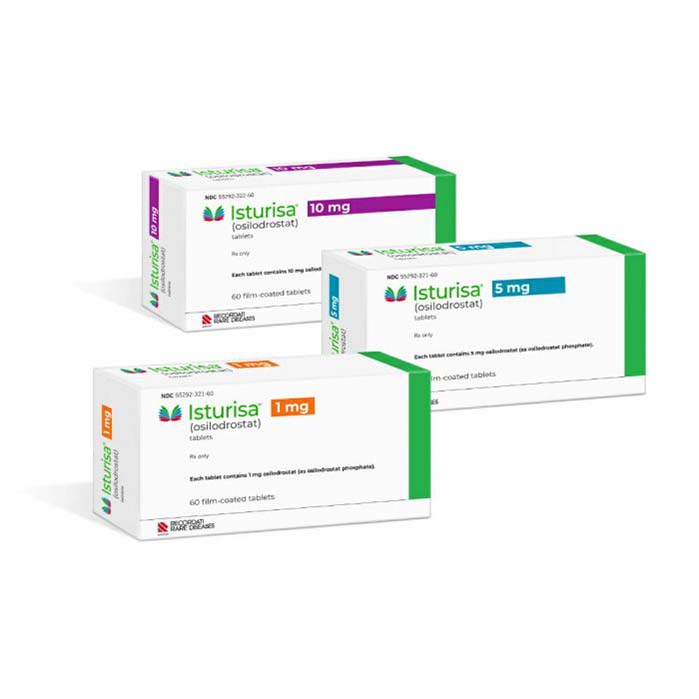
Buy Isturisa (osilodrostat) Online
Total Sales: 0
SKU: 558665
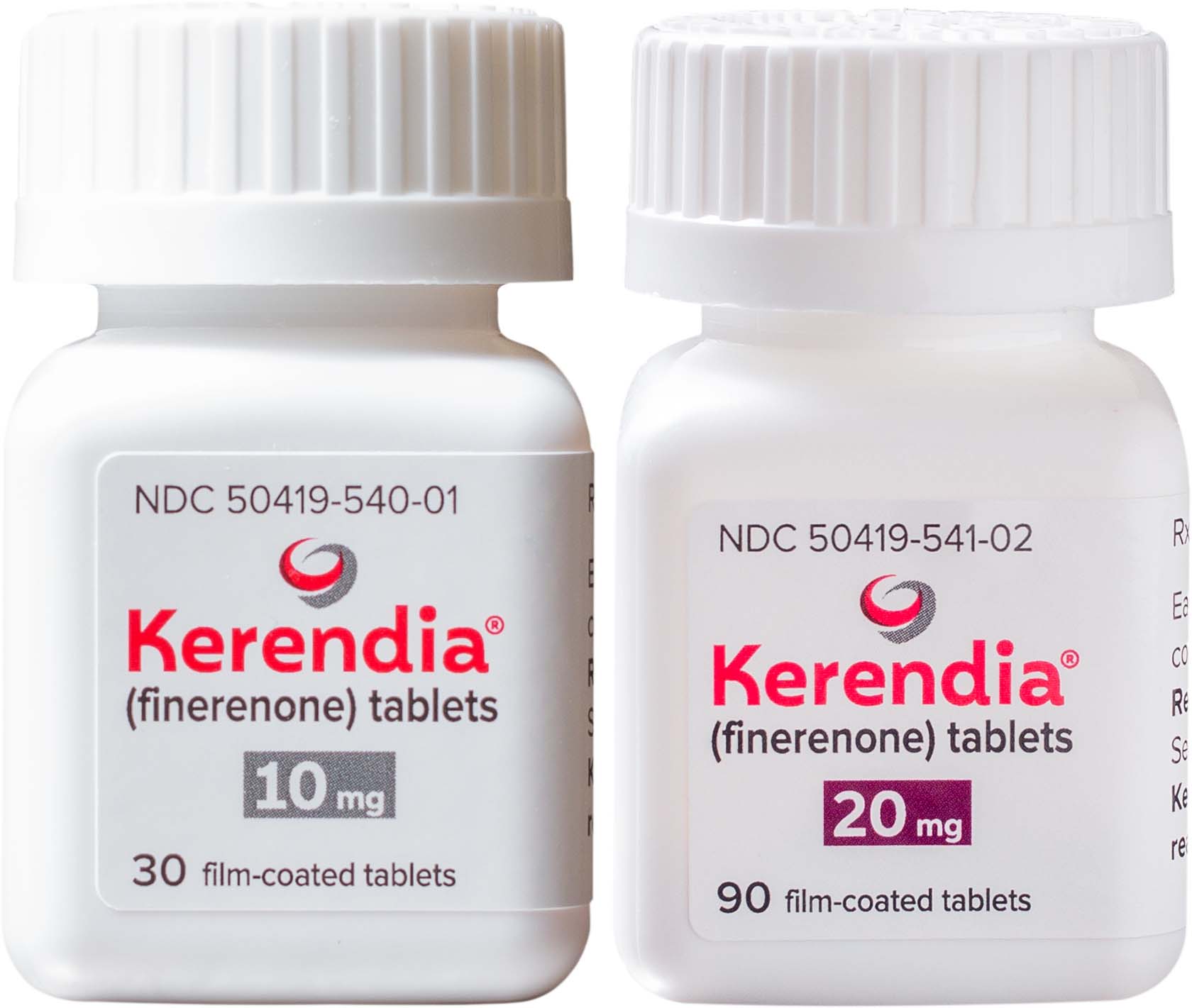
Buy Kerendia (finerenone) Online
Total Sales: 0
SKU: 882527
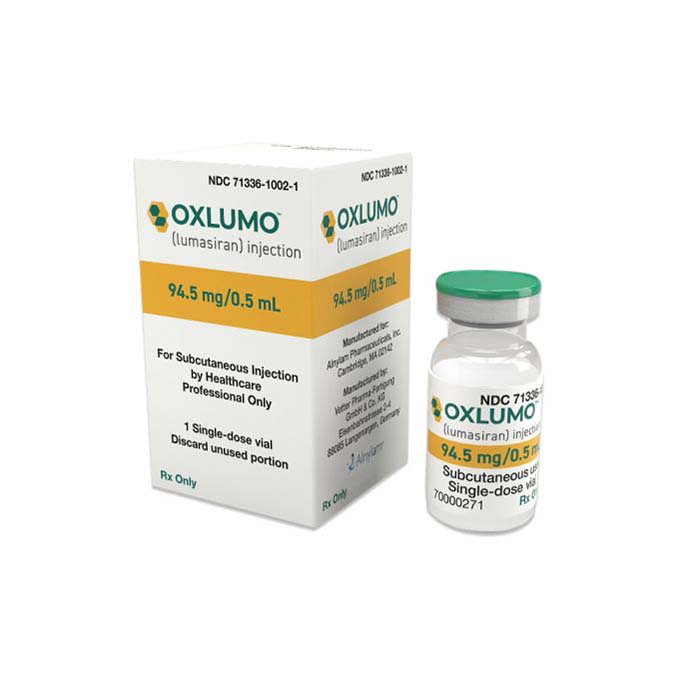
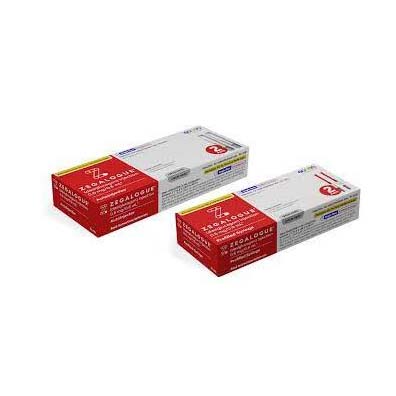
Buy Zegalogue (dasiglucagon) Online
Total Sales: 0
SKU: 786544


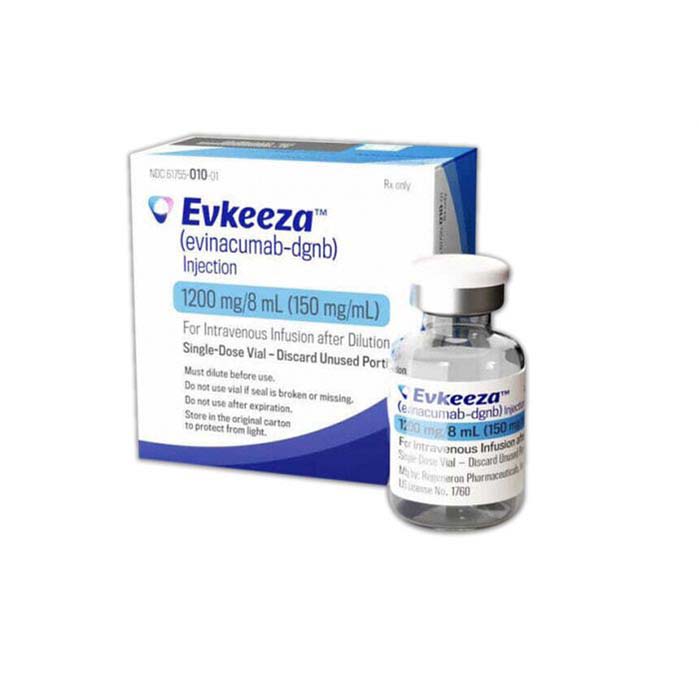
Tanya Reed –
Since starting Crysvita injections, I’ve noticed a big difference in my son’s ability to move and play without pain. He’s more active, sleeping better, and his growth is finally catching up. The process is well-managed by our care team and totally worth the results we’re seeing.
Ethan Walker –
I’ve had XLH my entire life and tried various treatments that only offered limited relief. Crysvita has been the first therapy that actually improves my phosphate levels and helps with bone pain and fatigue. I feel stronger, walk with less discomfort, and my labs look great. Definitely worth it.
Melissa Jacobs –
Crysvita has been truly life-changing for our daughter, who has X-linked hypophosphatemia. Before starting treatment, she struggled with bone pain and poor growth. After a few months on Crysvita, her lab results improved, her energy is up, and she’s growing steadily. We are so thankful for this medication!